geosoco
- 290 Posts
- 57 Comments
- geosoco to

- •
- www.ign.com
- •
- 2Y
- •
- geosoco to

- •
- wccftech.com
- •
- 2Y
- •
- geosoco to

- •
- wccftech.com
- •
- 2Y
- •
- geosoco to

- •
- wccftech.com
- •
- 2Y
- •

I didn’t dig too much into it, but my guess would be no.
Even if you could verify, it’s still an ethical grey area as it’s taking works they paid photographers to generate new works potentially without crediting the original photographers? Their own website tells people they have to credit the original photographer, and I’d be surprised if the AI lists all the works it used to create it.
- geosoco to

- •
- bethesda.net
- •
- 2Y
- •
- geosoco to

- •
- www.ign.com
- •
- 2Y
- •
- geosoco to

- •
- www.ign.com
- •
- 2Y
- •
- geosoco to

- •
- www.ign.com
- •
- 2Y
- •
Great list - these are all worth checking out. Some of these games I spent way too much time playing.
I think Ultima 7 is probably one of the best RPGs of the 90s. Ultima 6 might have been the first to ‘clutter your entire world with junk’ game, but was both beautiful and massive for its time (though 7 did everything better).
It’s hard to go wrong with most of the classic Sierra games, though the text entry ones are in a special difficulty level of their own. King’s Quest series. Conquests of Camelot was enjoyable. Colonel’s bequest. Space quest series.
The Kyrandia games were enjoyable but I played them not too long ago.
I remember enjoy star trek 25th anniversary.

Just a guess, but I would suspect it’s because it’s one of the few game genre’s that has a nationality tied to it and it probably feels like a box they can’t escape – just because of where they’re from.
To them, it’s just their own spin on an RPG. No matter how much they change to make it appeal to a broader audience, they’re always going to be a JRPG, which feels very limiting. It’s always going to be “it’s an amazing RPG if you like JRPGs”, which to someone making the game probably makes you feel less than. No other country has that.
It’s similar to splitting k-pop or even j-pop out. TO people making the music, they probably just want to be considered on a world stage as great pop music. Not just K-pop album of the year.
Even if people here don’t mean it negatively, doesn’t mean it doesn’t feel like a shitty box to people. We rarely apply the same sort of boxes to things from other countries. You don’t hear Abba or Robyn are the best S-pop artists of the last 50 years.
This isn’t that strange for a number of open source projects. I don’t know Godot’s specifics, but lots of folks are willing to toss a few bucks via patreon or other sources. They keep a list of donors who don’t mind being named in the source code, and it includes a few companies that make monthly donations. I’m sure they get a number of grants like this one from Epic.
There’s a number of mastodon servers where people pay donate monthly to them.
- geosoco to

- •
- wccftech.com
- •
- 2Y
- •
- geosoco to

- •
- wccftech.com
- •
- 2Y
- •
- geosoco to

- •
- www.ign.com
- •
- 2Y
- •
- geosoco to

- •
- www.ign.com
- •
- 2Y
- •

Oh yeah, they’re probably not waiting months for something to come back. Companies know what’s popular, so they tend to stagger those. So people will not cancel if they know next month or the month after is going to be something they want to play.
If you’re only interested in one or two games, you’ll just buy those (until they stop letting us buy games and force us to rent them).

Yeah, people definitely wait. Don’t have any stats, but I hear people talking about it all the time with regards to streaming services.
THe service does pay for on-loan games, but that’s not a reason to rotate. They’re paying regardless. THey rotate to try and keep things fresh so people don’t cancel.
- geosoco to

- •
- youtu.be
- •
- 2Y
- •
- geosoco to

- •
- youtu.be
- •
- 2Y
- •
- geosoco to

- •
- www.ign.com
- •
- 2Y
- •

I’ve had some similar roles before, but more often than not companies just do it anyway, even if you have a lot of data to the contrary. It’s stupidly easy for someone in management to push some of this through despite the data, choose an arbitrary metric to define their success, get their bonus, and then bail for another company. Meanwhile, folks left at the company have to then try and fix all of the nonsense. It blows that we value failing forward. I’ve seen a few decent products just tanked this way.

NMS at least has planets without buildings or signs of life, but they’re certain types of planets (eg. lifeless/airless) There are definitely some that have far fewer ships going around too.
NMS is more expansive in some ways, but also fairly shallow in terms of some of the core mechanics. There’s a lot of things to do like having a settlement or building a fleet and sending the fleet on missions, but again, it’s a bit shallow. At the beginning you’re largely focused on resource collecting to build a base, and unlock upgrades. Over time you can automate a lot of this and focus on other things. However, if you don’t like the resource collecting to unlock things, you’re probably not going to enjoy it.
I think the space flight and combat in NMS feels better. For whatever reason, in Starfield space flight and combat feels very slow to me. It doesn’t help that the UI in the starship does this weird laggy update. The seamlessness of flying into a planet can be fun in space combat and the ships will follow you.
NMS has way more copy-paste assets. Starfield at least has grand cities and some unique set pieces or a few different options ,but every crashed freighter in NMS is identical. The buildings in NMS have a tiny bit of variance but they’re all like 1-2 room buildings. All space stations and space ports are identical (just the core race changes). There are pirate space stations, but they’re the same basic one but darker and they’ve moved the vendors inward a bit into tents instead of stalls. A little bit of this is baked into the story of NMS to some extent, but that doesn’t exactly help it.

It’s likely running native as they’ve been touting the ray tracing of their new gpu. They’ve pushed a number of games in the past to show off hardware updates or features, so that’s probably what this is about.
Also, they didn’t drop support for mac, they just focused on their own gaming API. They continue to get new games published.

Some of the benchmarks definitely pointed out that it was CPU bound in many areas (eg. the cities).
I think the HUB one mentioned that some of the forested planets were much more GPU bound and better for testing.
I’m on a tv so capped at 60fps, but I do see a power usage difference with FSR - 75% vs FSR- 100% that’s pretty substantial on my 7900xt.

My argument is that it was inevitable at the time, and everyone saw it coming. It was going to happen regardless of whether Valve created steam or not.
You literally state this:
Turns out it DID make everything a nightmarish hellscape of big brother-esque remote digital rights control where you never own anything you buy. Those 20 year old veterans ruined it all.
I don’t think any of that is true. You can avoid most of the shitty DRM today and the big brother-esque remote DRM. People who adopted it then, didn’t usher this in.

Everyone saw the current landscape coming, and there was no way around it if we wanted online distribution. I hate DRM as much as the next guy, and love my physical collection, but it wasn’t Valve and Steam that ushered in this BS. You can avoid steam, and a large amount of DRM if you genuinely care about. There was pushback years later and even Apple allowed you to DRM-less options.
After years of MPAA and RIAA BS piracy claims from cd & dvd ripping and declining physical sales, every company and their mom was looking into DRM to allay the fears of copyright holders and enable digital distribution. It was going to happen regardless of Steam. Apple, Microsoft, Sony, Philips, etc were all launching the same shit. Apple launched the iTunes store months before with complete DRM and people ate that up. Companies new years before people would adopt it if the benefits of digital distribution outweighed the inconvenience, and they were right.
Shit like Denuvo was going to happen regardless, as despite the push back on some of the invasive DRM, some companies remain unconvinced. They do it even on top of Steam.
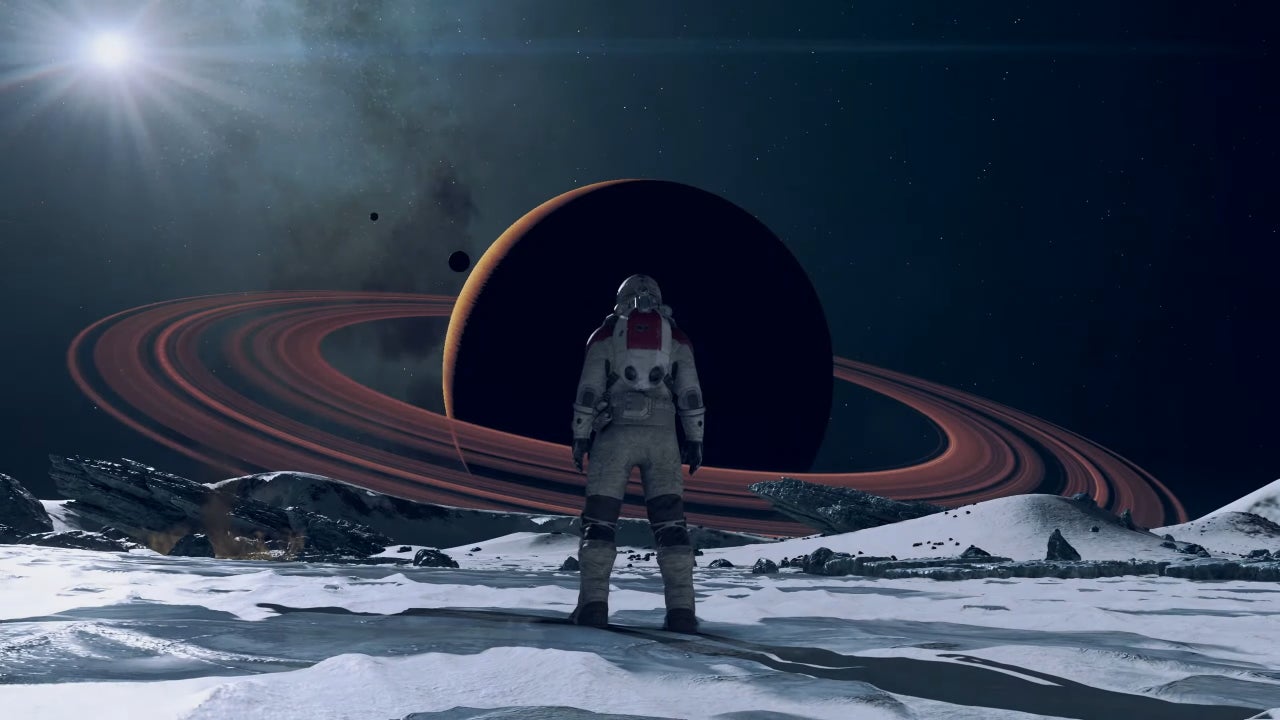
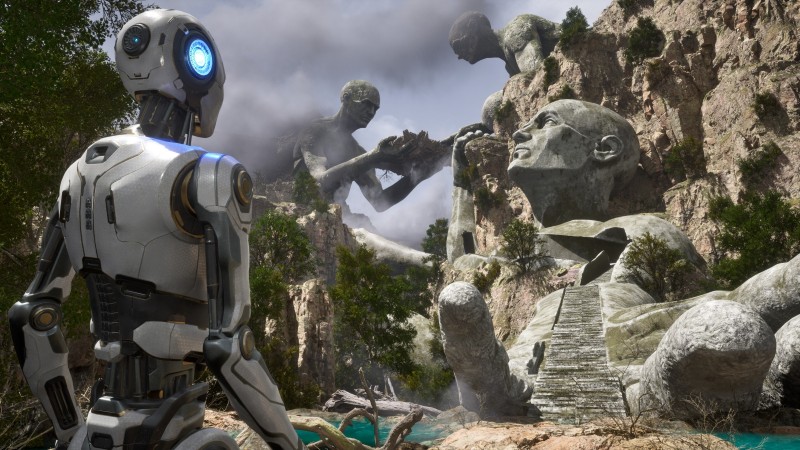
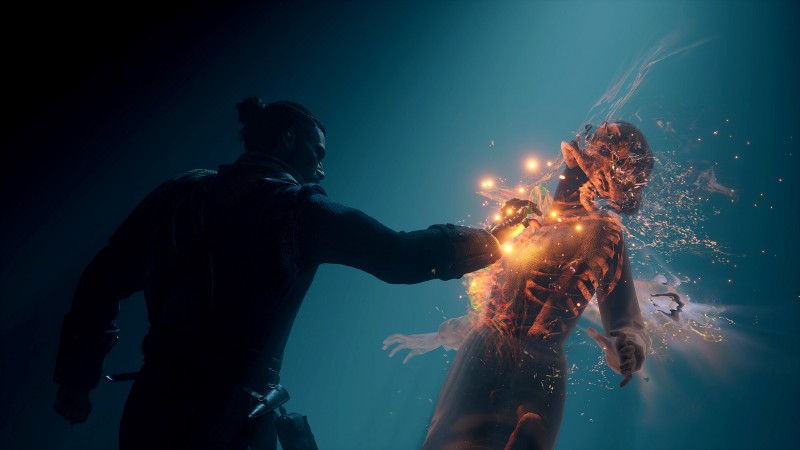
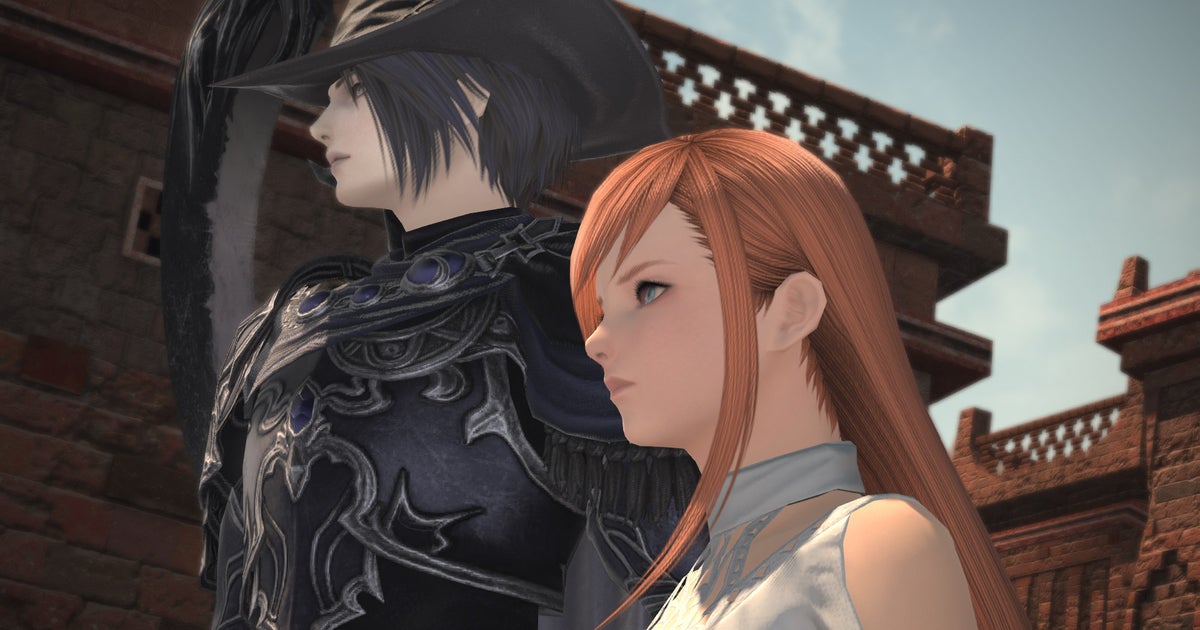
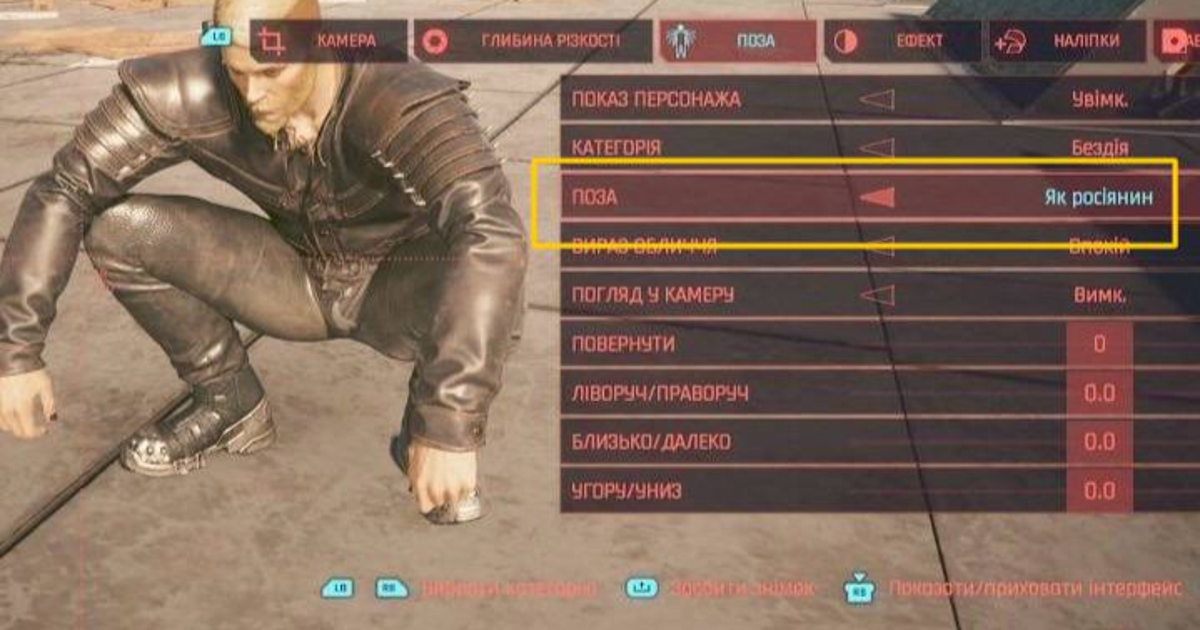
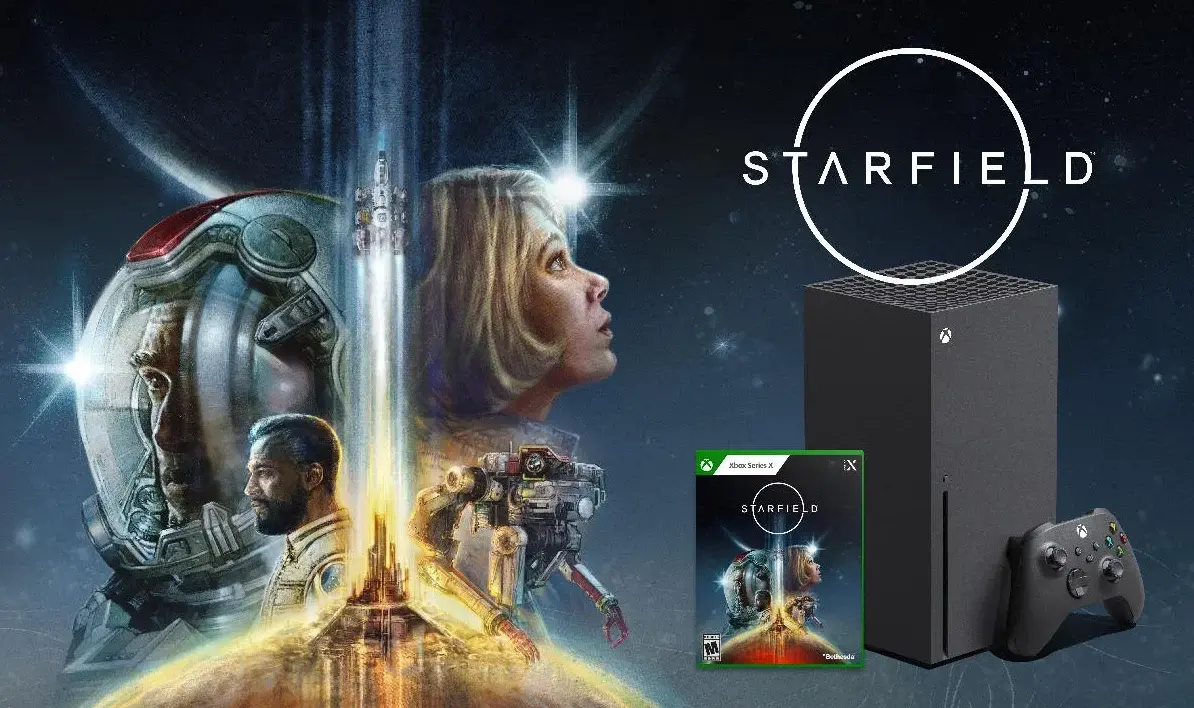


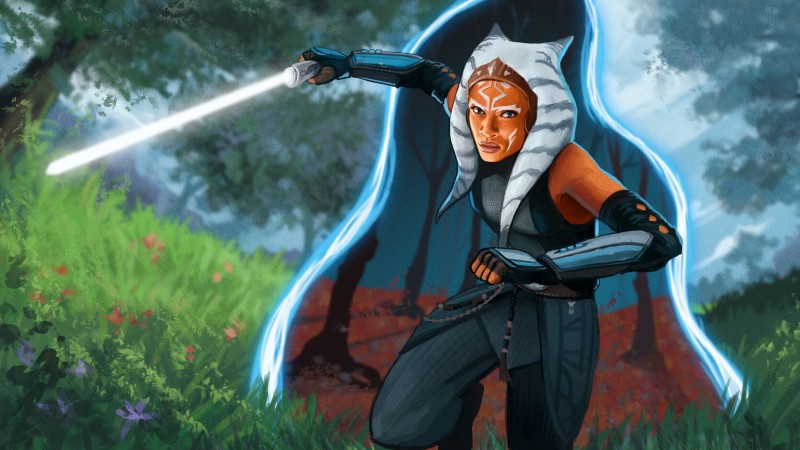
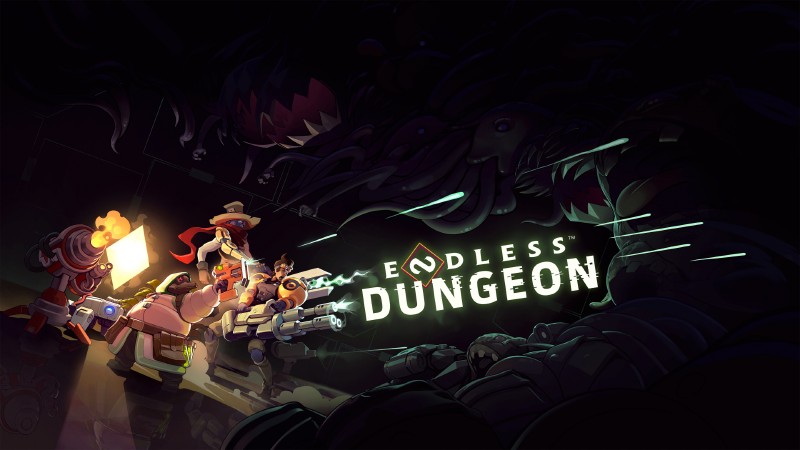
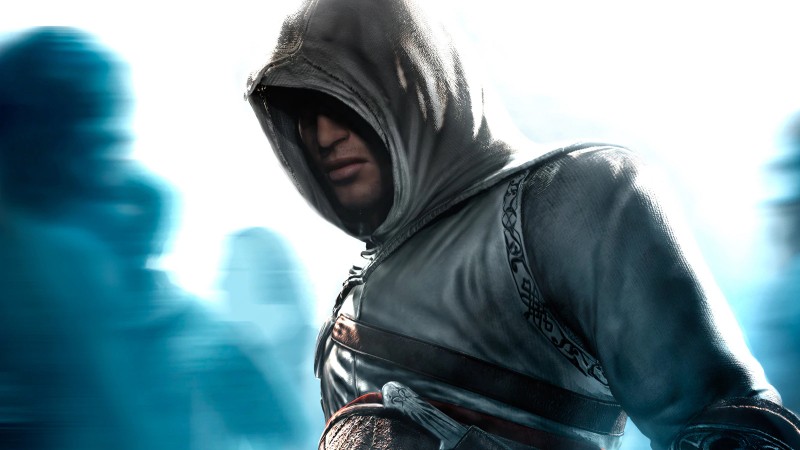

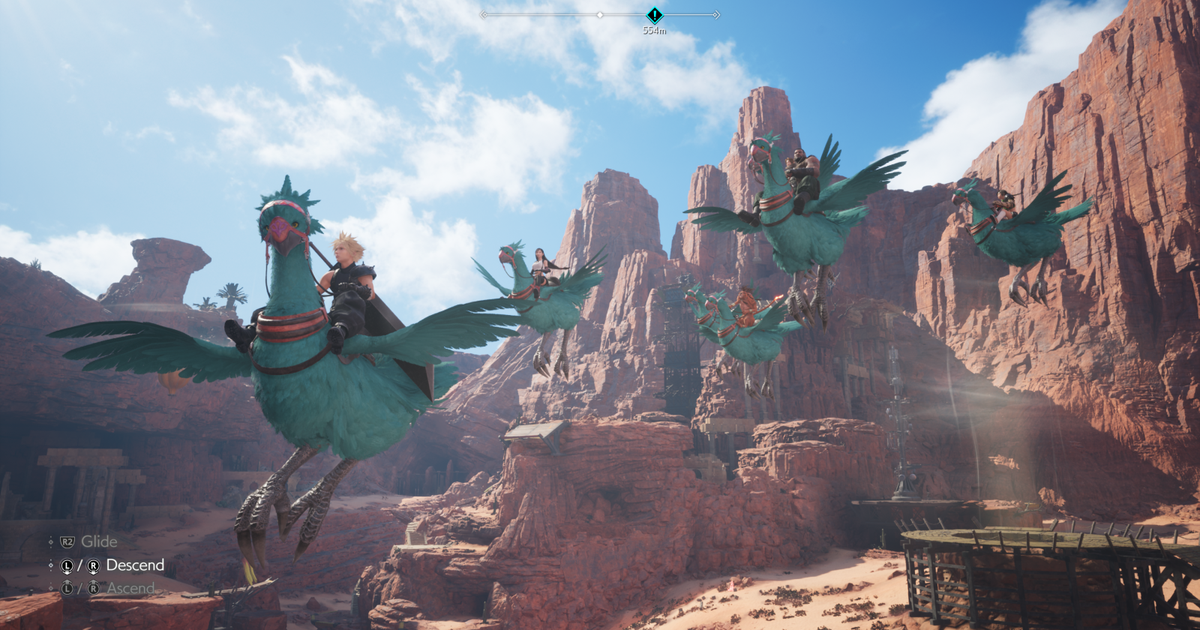
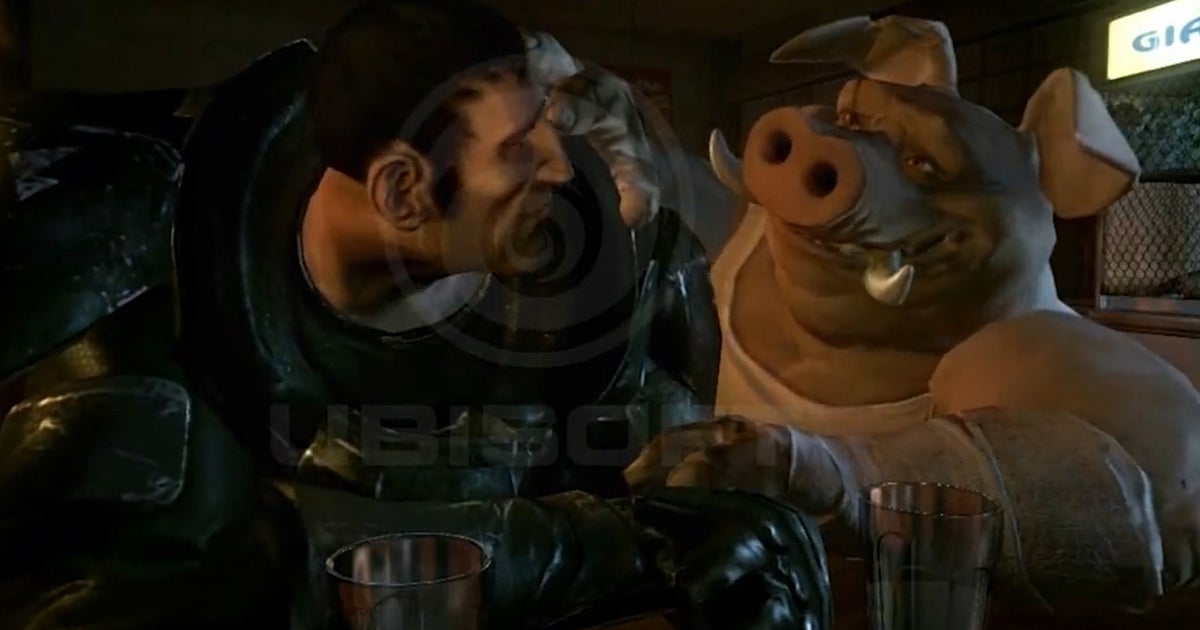

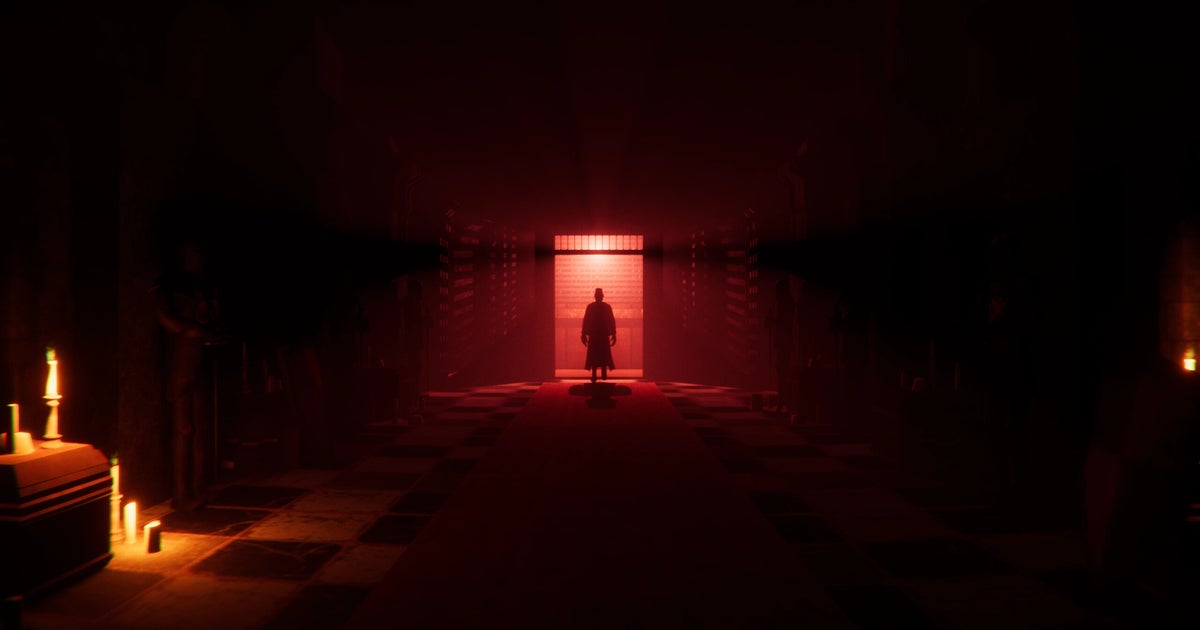

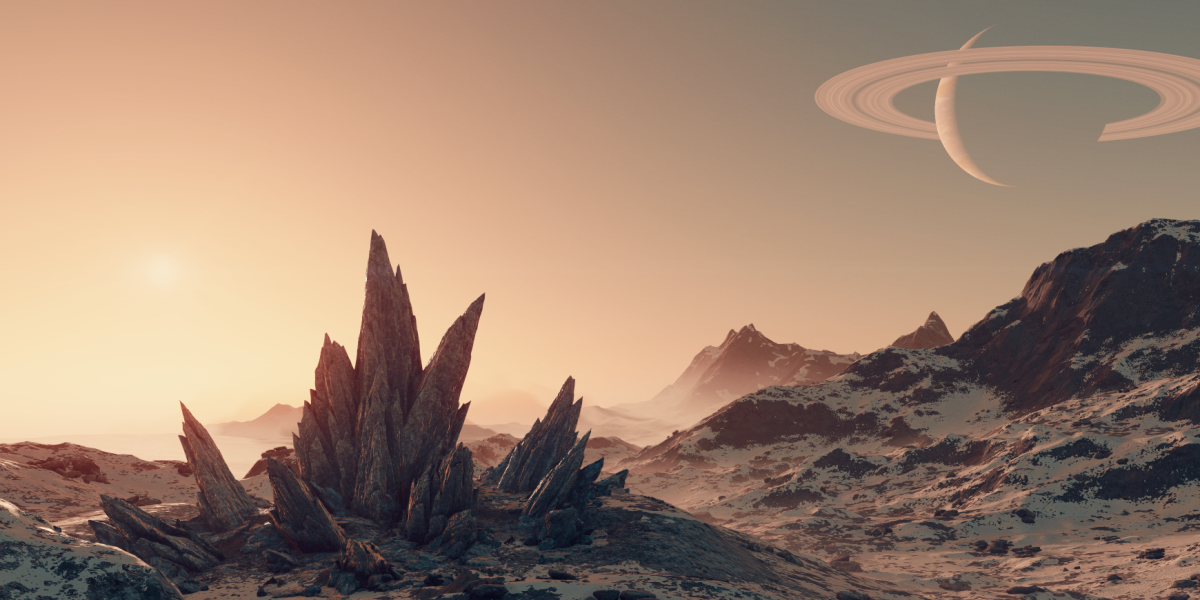
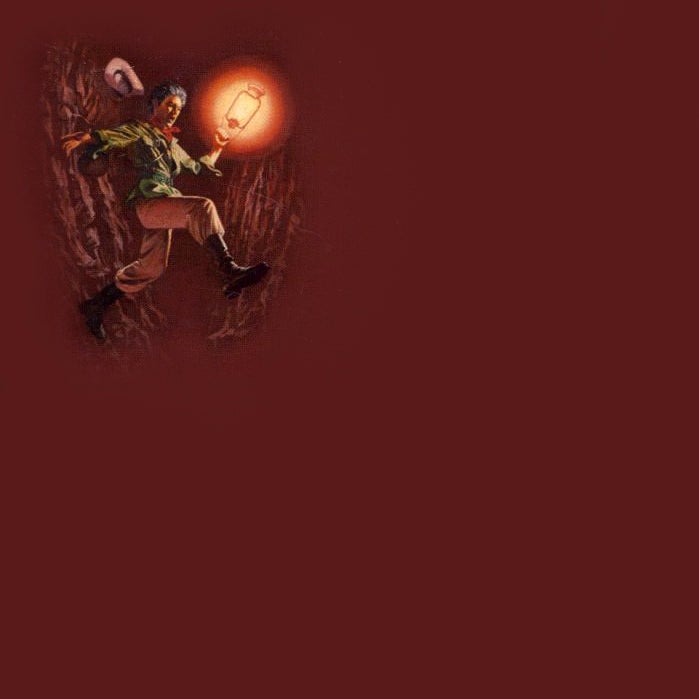
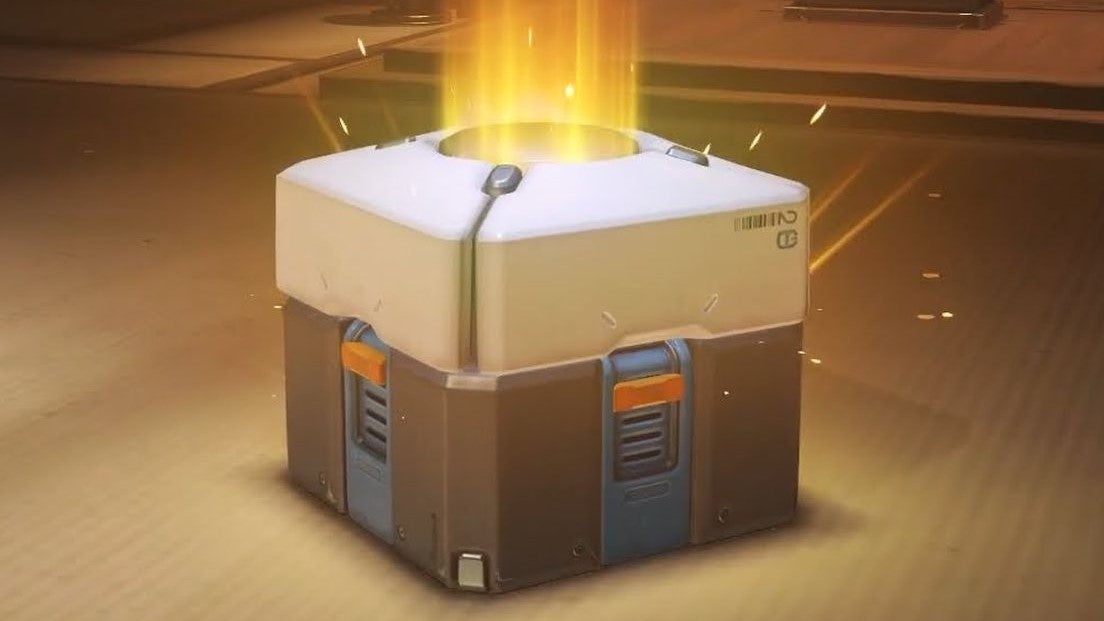
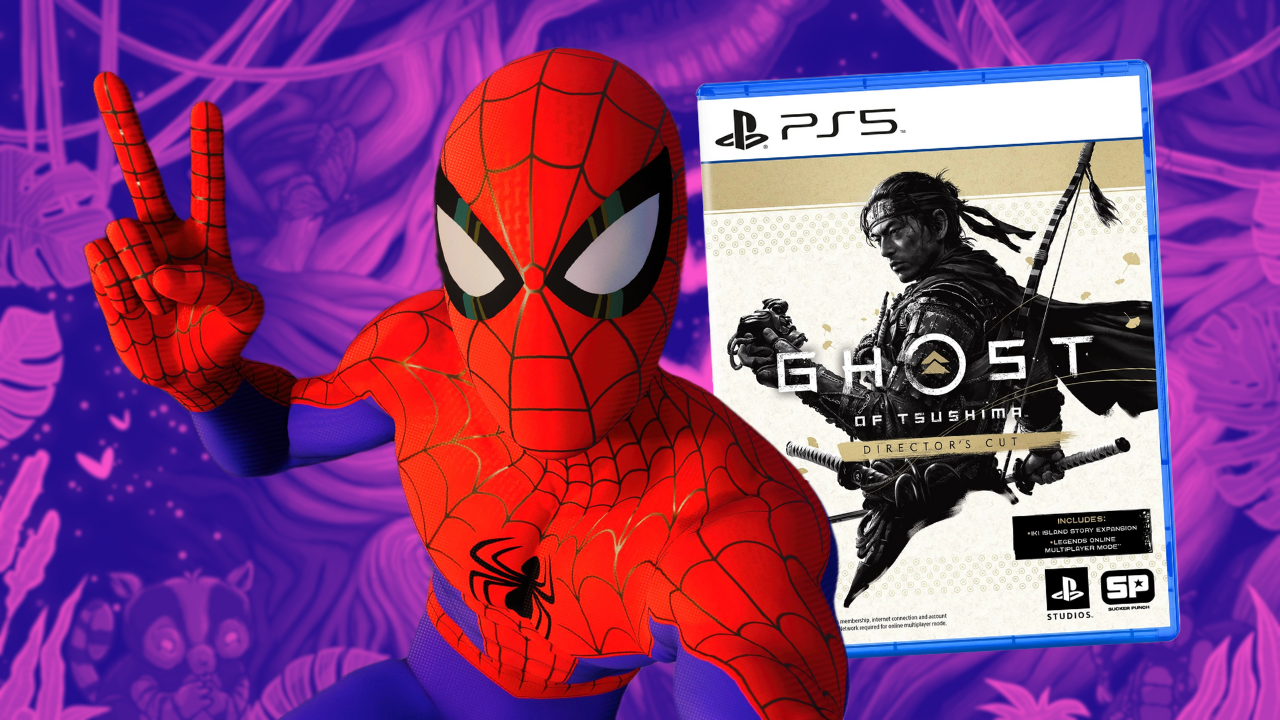
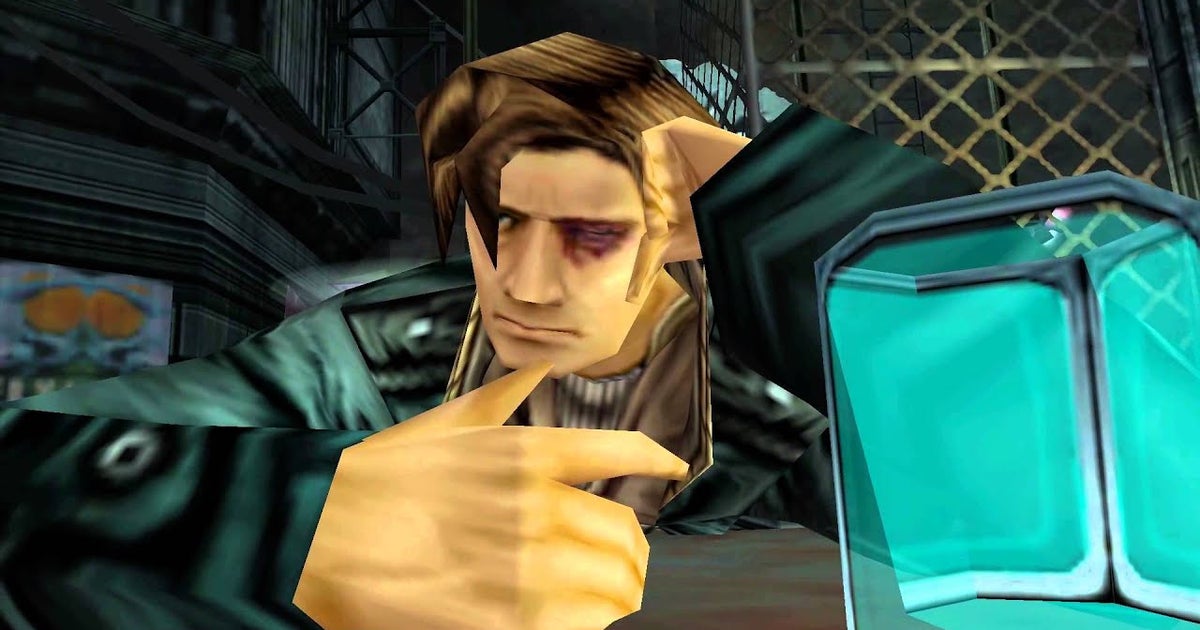
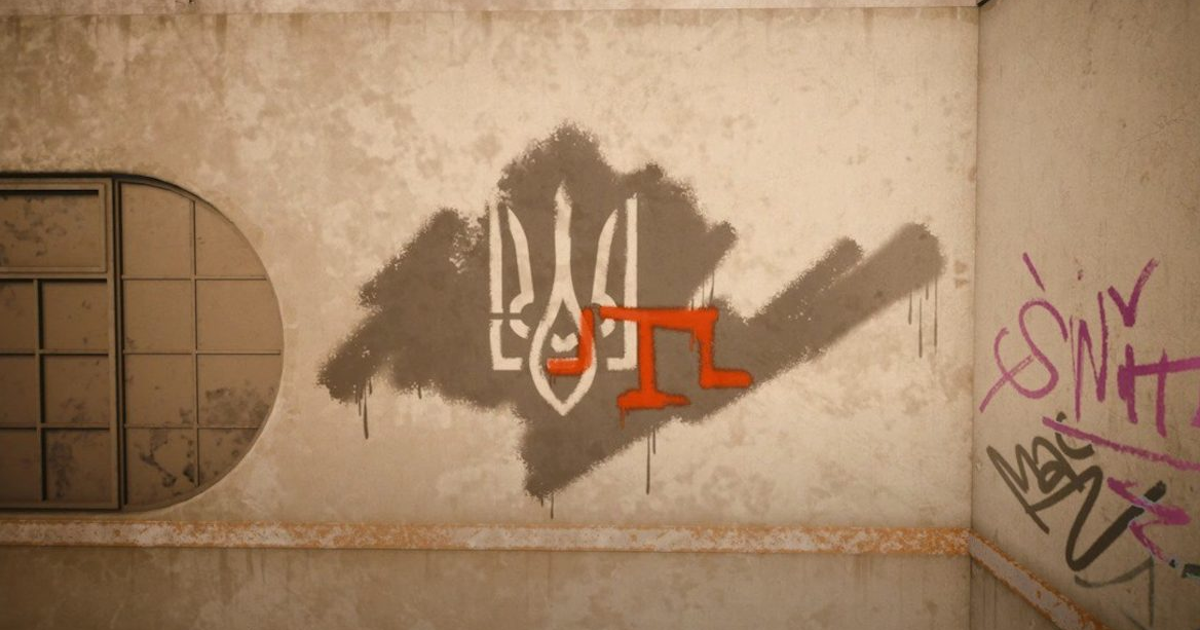
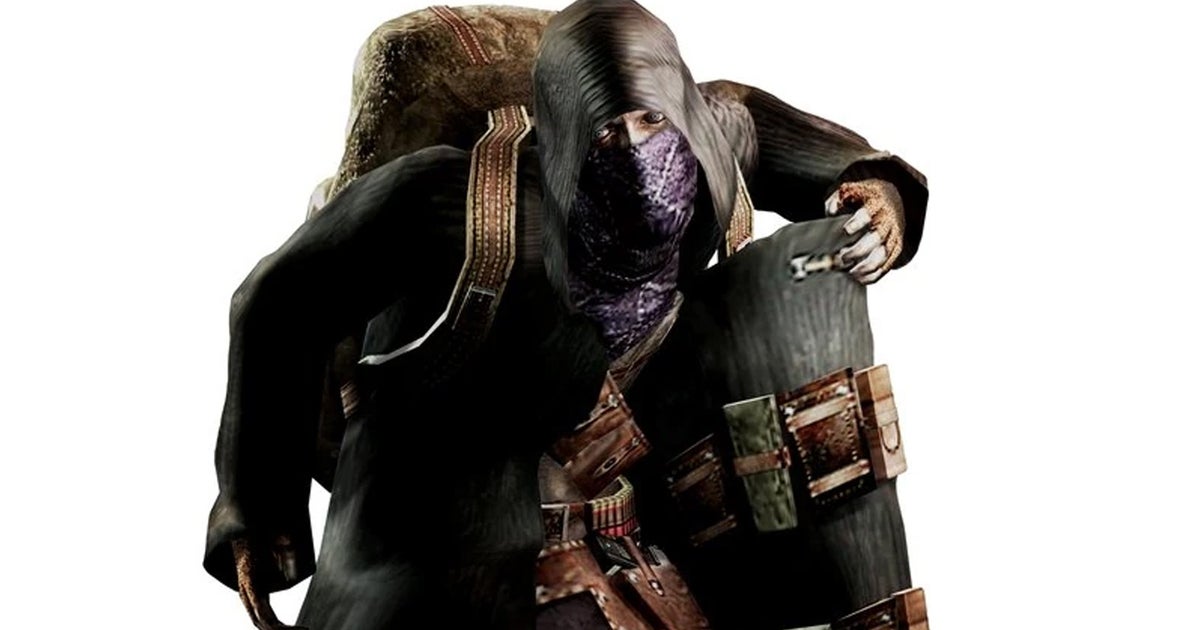
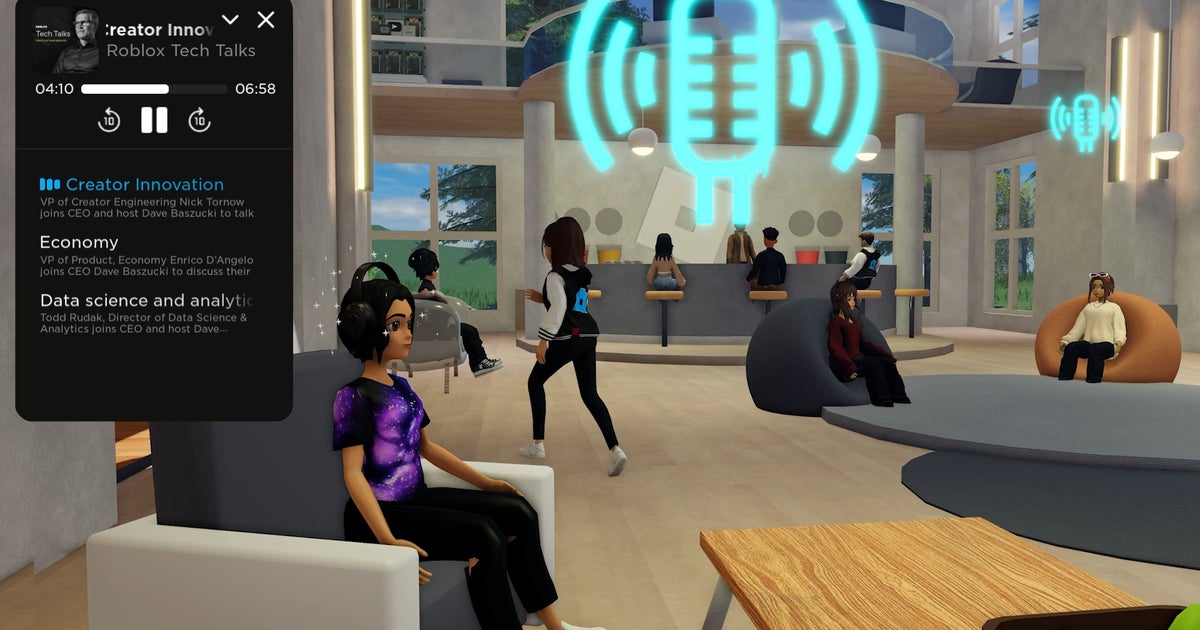

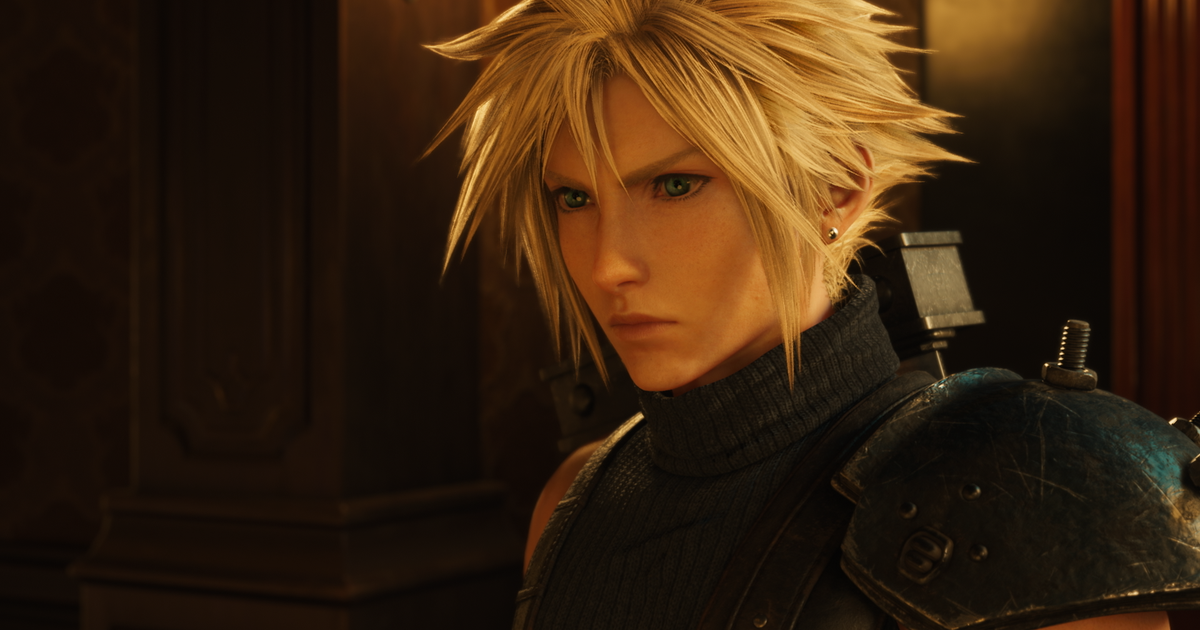
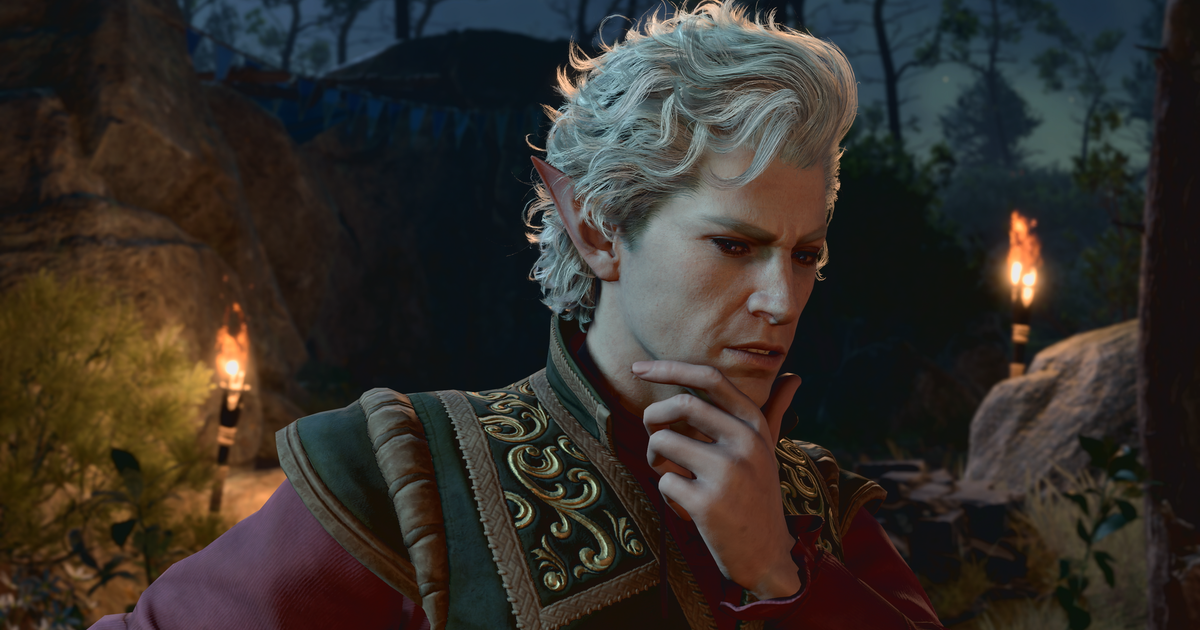

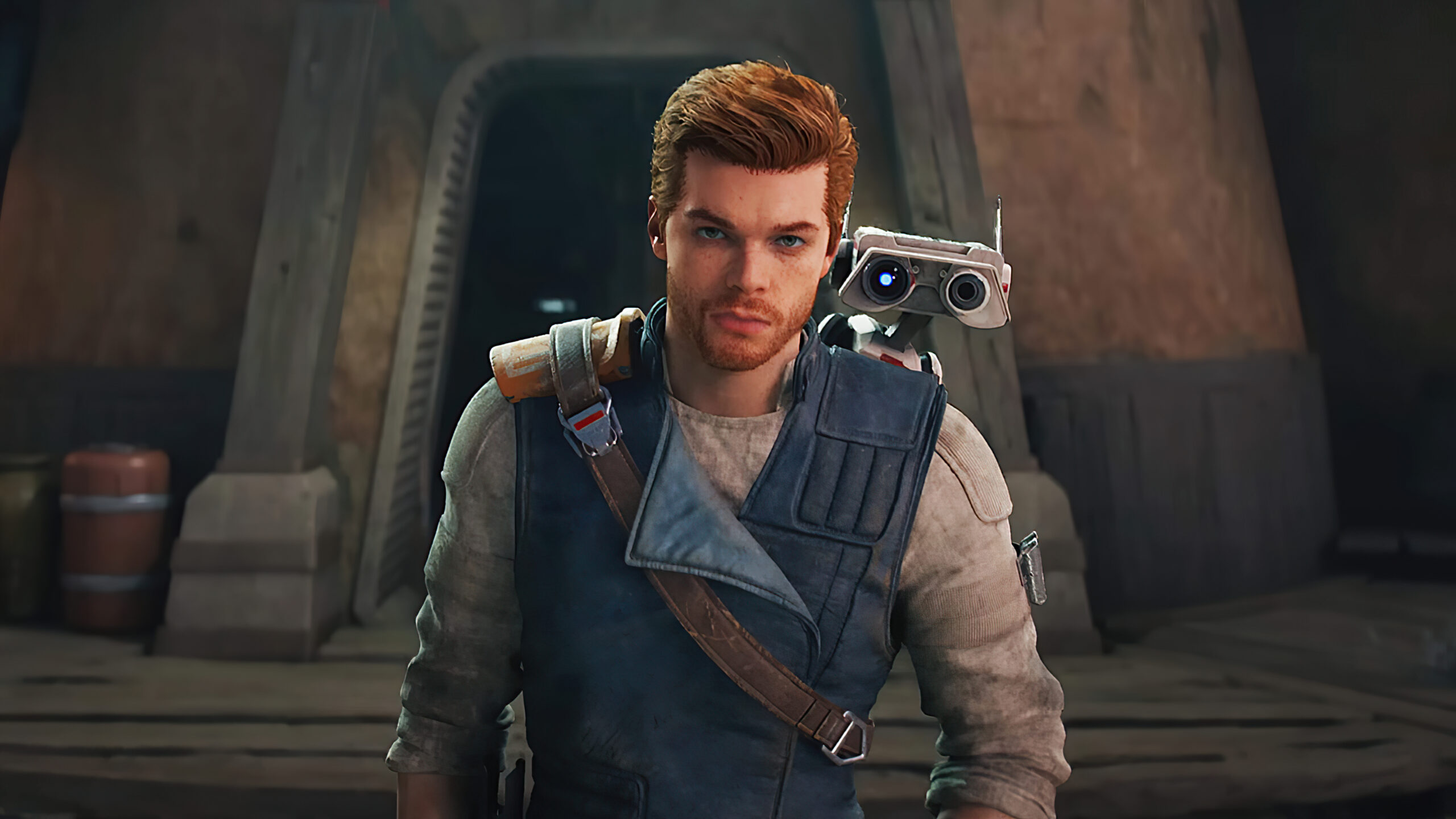
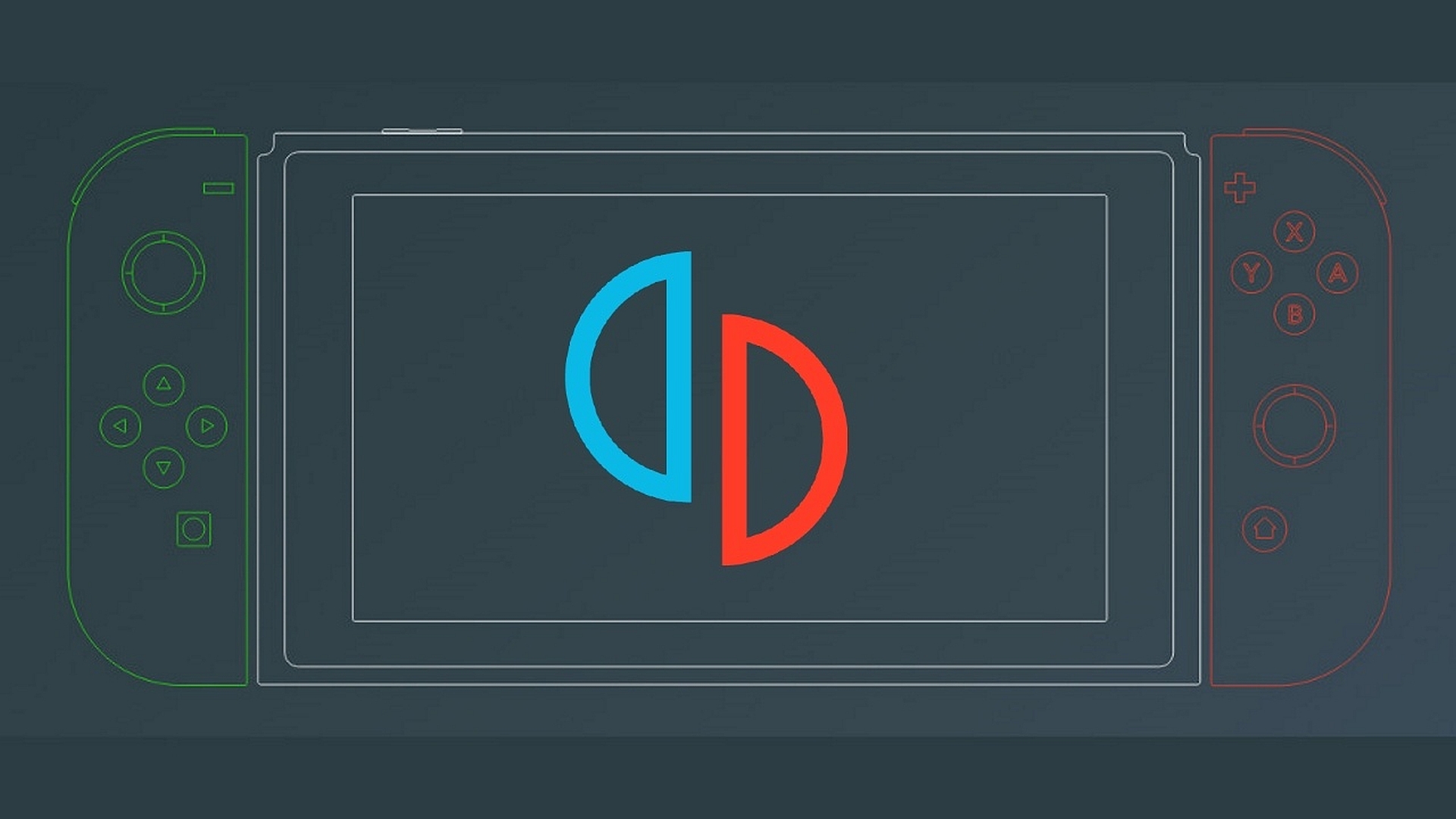
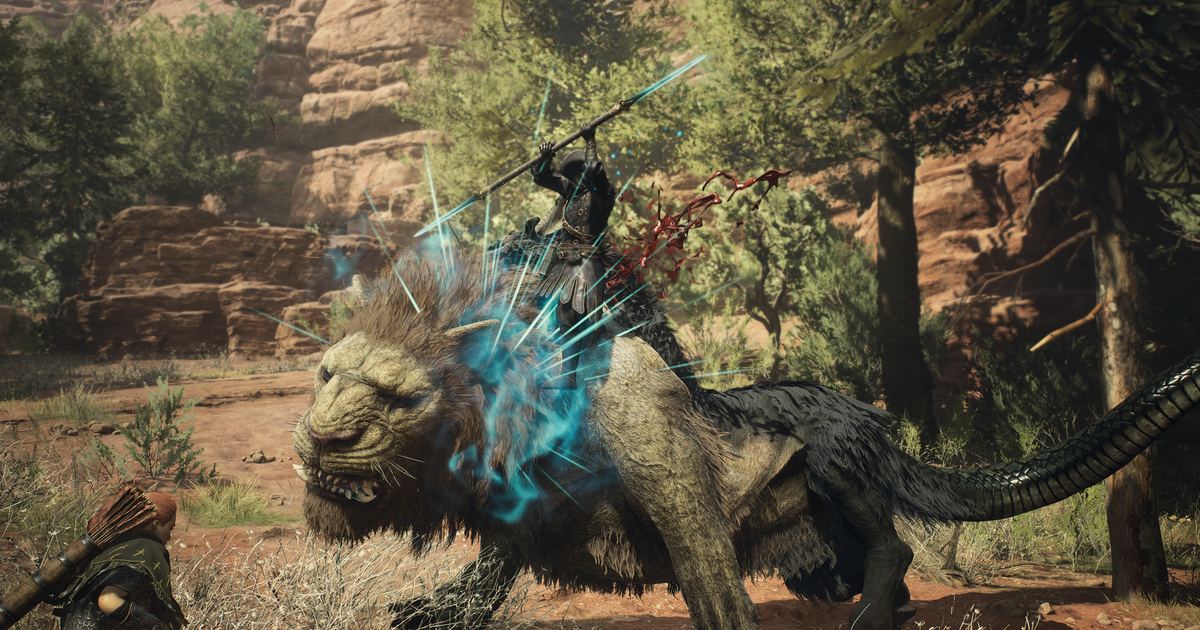
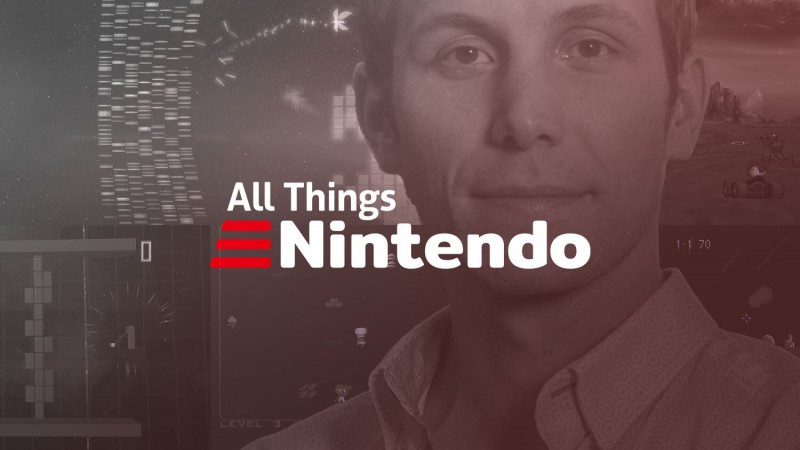
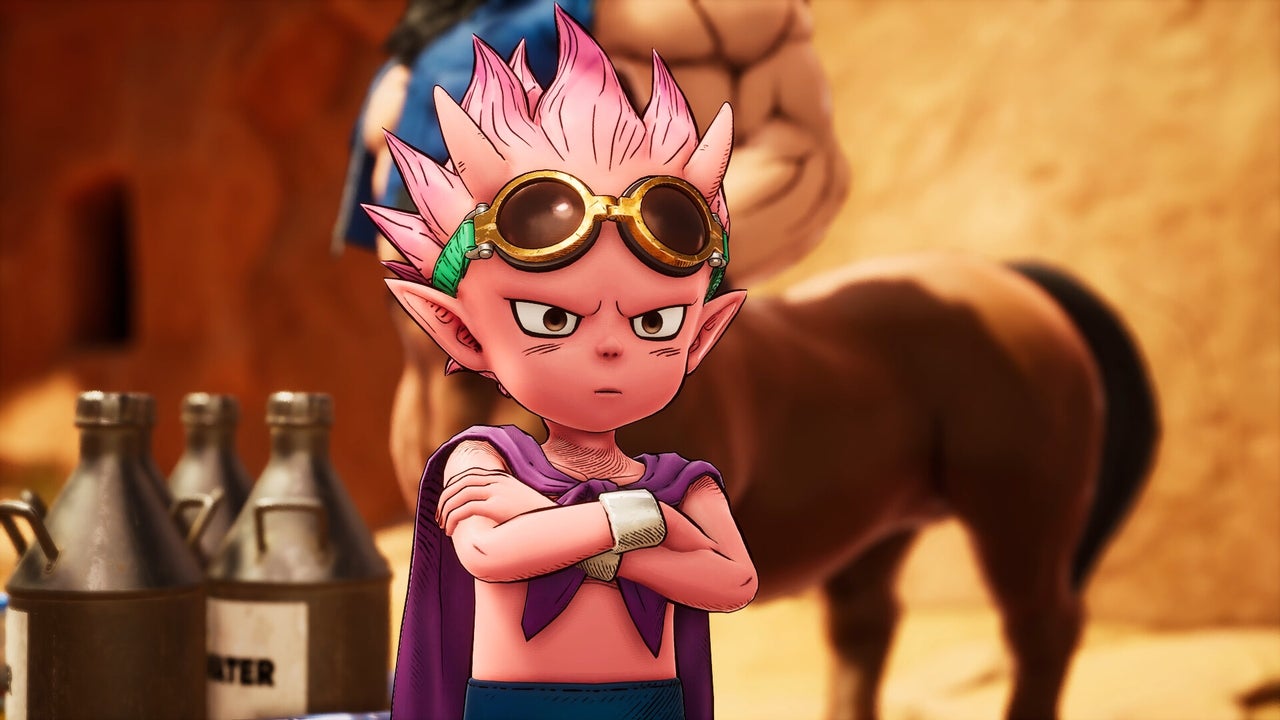
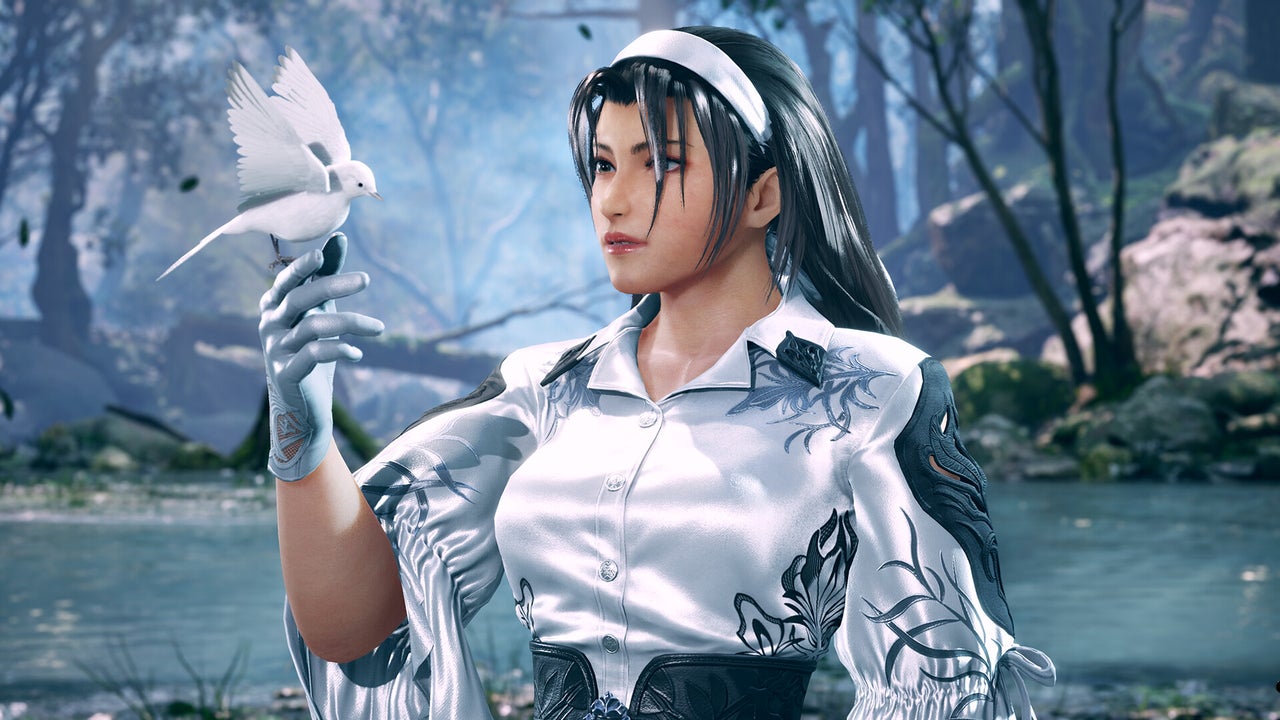
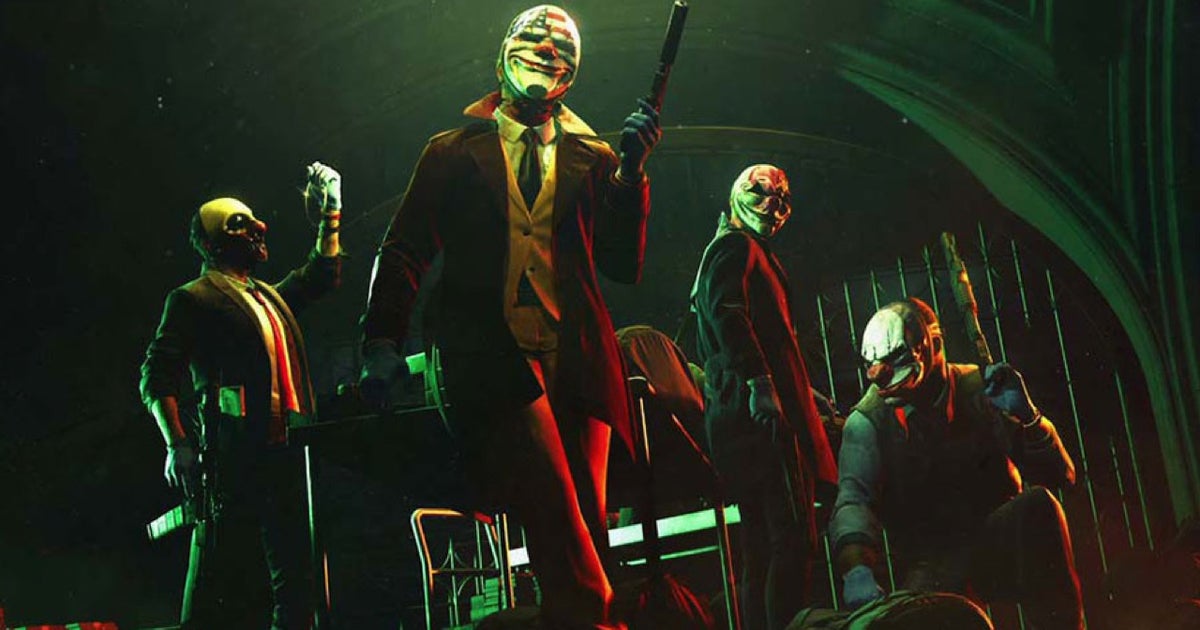
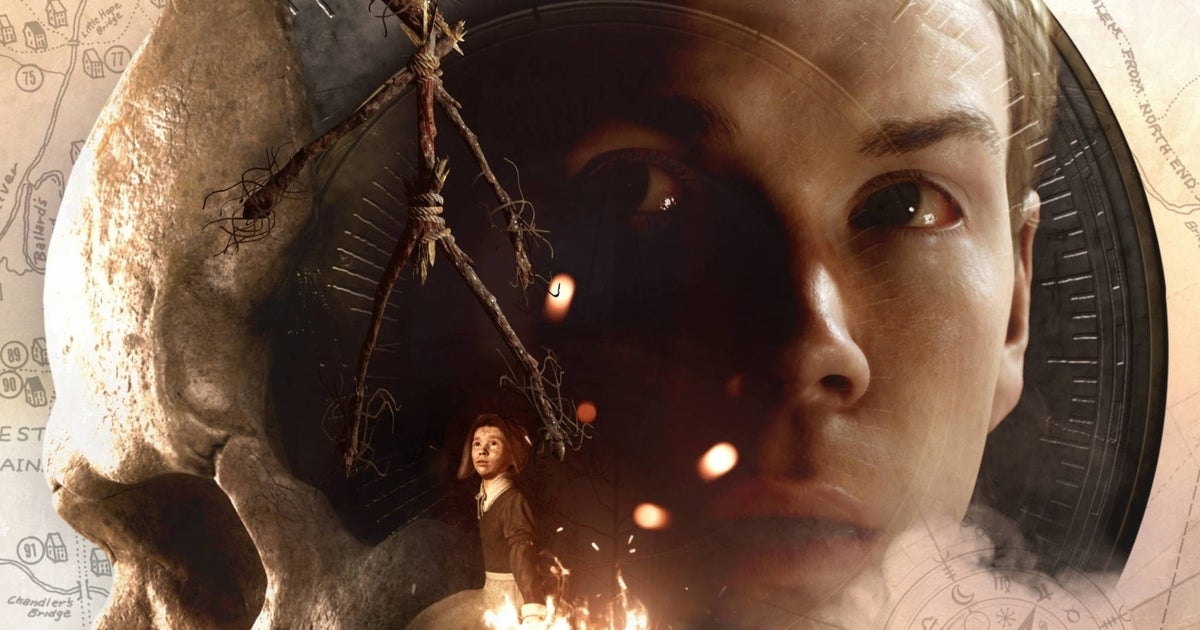
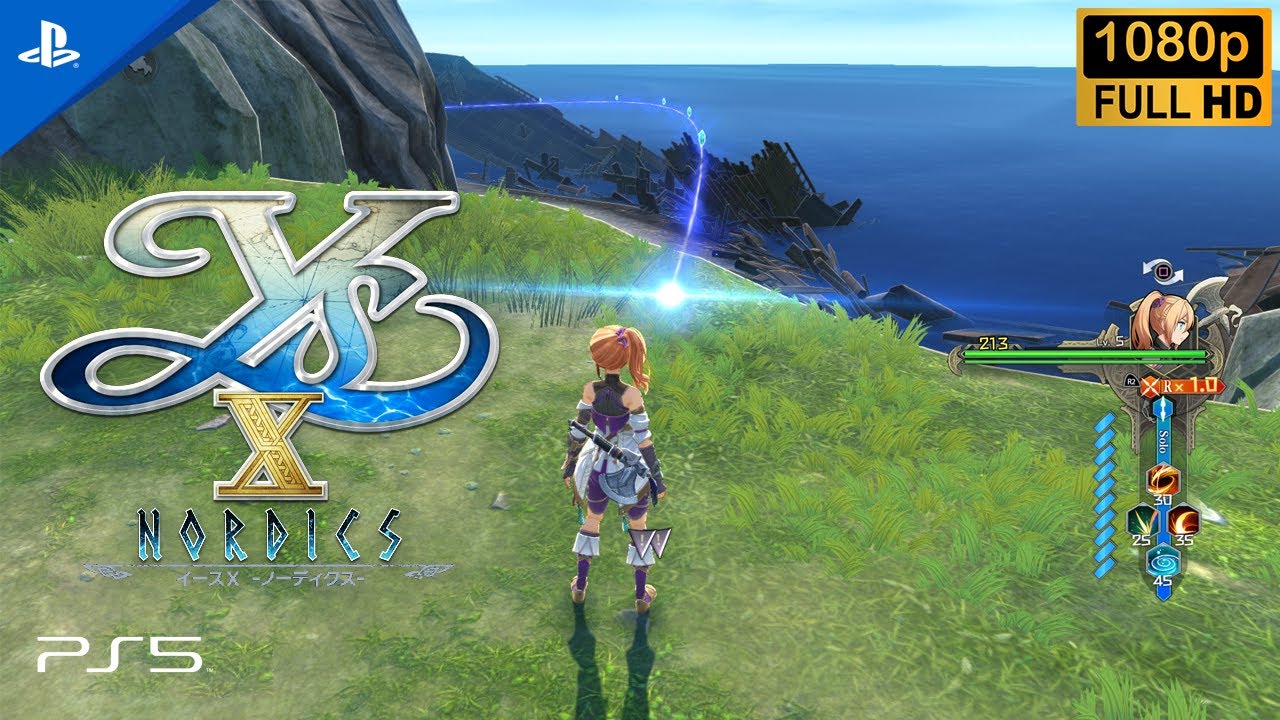
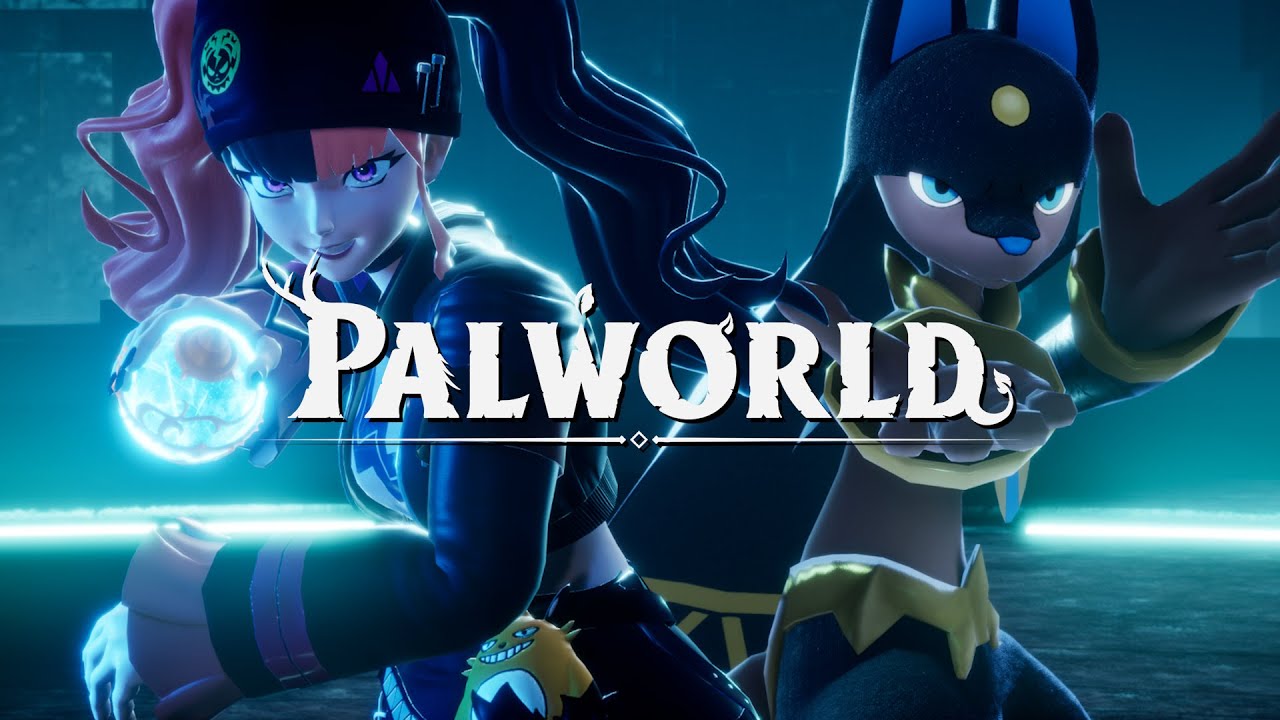
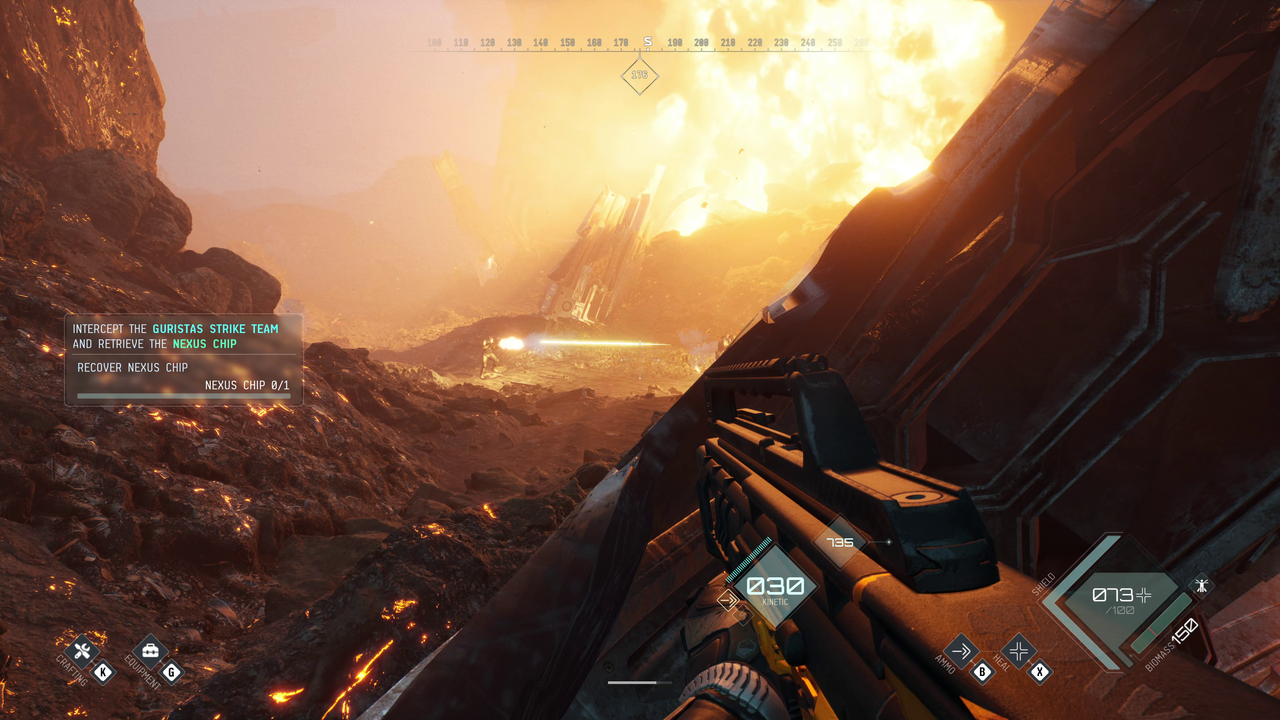
top notch exploration, and the story was just the right amount.